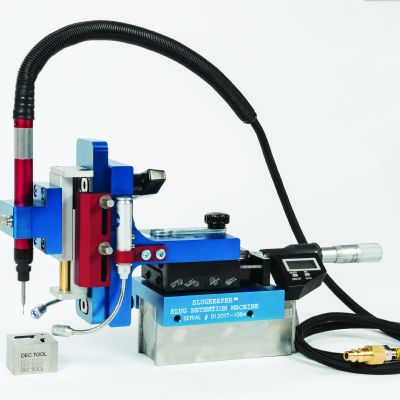Outsourcing Metal Stamping Dies
October 1, 2019Comments
Metal stamping companies outsource tooling and dies for many reasons. Sometimes it is a matter of the tool and die shop being short-handed or facing a backlog of orders. For others, it is a matter of reducing costs and improving customer relationships through better turnaround time and increased capacity as part of an emerging or existing business strategy.
Whatever the reason, outsourcing is not a fail-safe strategy. To avoid the many variables, companies must start with a make-or-buy study that evaluates their internal capabilities using answers to the following.
Design and Engineering
Does the project require you to have die designers and engineers with varied experiences? Does the project require unique process engineering skills? Does your engineering department have the full range of capabilities and design tools, including CAD, CAM and CAE tools required for the project? Does the complexity of the project require intensive communication with internal management, manufacturing, engineering and quality disciplines? Does your company have experienced project managers that can effectively communicate with internal and external customers and other outside sources?
Cost, Price and Delivery
Are your fully allocated fixed and variable costs higher than outside supplier costs? Would your internal marginal costs be lower or higher using an outside supplier? Are the overhead costs associated with your in-house processes lower? Are your labor rates lower internally? Can you purchase raw materials at a lower cost than your supplier? Is your inhouse operation competitive in delivery, service, quality and price?
Other Considerations
Regardless of your reason(s) to outsource, requirements include proper planning, sound execution and resolute follow-up. All of these have costs associated with them. Airfare, car rentals, hotel bills and meals can add up quickly, especially if the project develops problems. Depending on your supplier’s location, in-bound freight, taxes and duties can offset any perceived savings, not to mention transportation time.
You may have projects that would not be advisable to outsource. Products or processes that are part of a core business activity or those based on intellectual property would be two examples. Customers that specifically require you to have inhouse capability and capacity would be another reason not to outsource.








